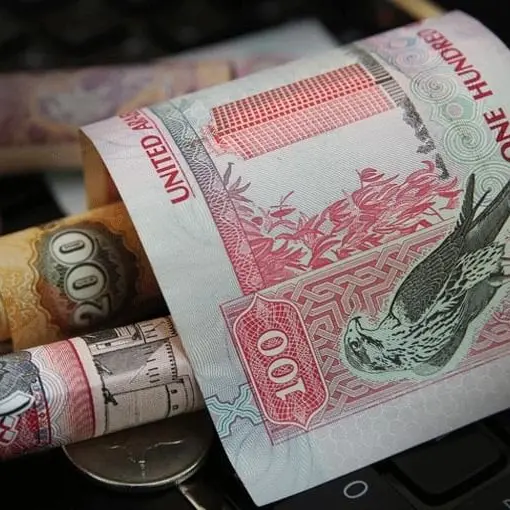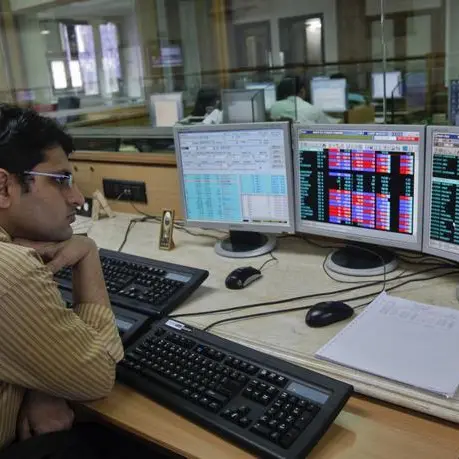LONDON - Investors bought more bonds than at any time in the last four months in the week to Wednesday as signs emerged that inflation may have peaked, BofA Global Research said on Friday.
Investors bought $2.6 billion of bonds in the week to Wednesday, BofA said, citing EPFR data.
These figures did not capture Thursday's consumer price report, which showed inflation rose by far less than expected in October, prompting investors to reassess the likely path of U.S. monetary policy.
"Inflation shock" is over, but "inflation stick" of briskly rising services and wage inflation is here to stay; inflation will come down but to remain above range past 20 years," BofA strategists, led by Michael Hartnett, said.
"Inflation will come down but to remain above range past 20 years," they added.
The Federal Reserve has repeatedly signaled its determination to bring inflation down to its 2% target by raising rates aggressively.
But in doing so, policymakers risk slowing down the economy, which could force them to slow the pace of rate hikes - a shift investors have referred as a "pivot".
Thursday's inflation data triggered a huge push into risk assets such as equities, as the chances of a pivot grew.
The benchmark U.S. S&P 500 added 5.5% in its best day for over two years on Thursday in light of the news.
In the latest week, investors pulled $4.6 billion from equity funds and ploughed $2.4 billion into cash.
Inflation shock, rates shock and recession shock defined the the 2022 bear narrative, Bofa said, adding that 2023 looks very different.
"2023 bull narrative is 'peak CPI, peak Fed, peak yields, peak US dollar'; we say 'rent the pivot' as 'no recession, no rate cuts'," the bank's strategists said.
BofA said U.S 30-year Treasuries, small-cap industrials and resources, emerging market bonds, plus China/Japan and weak dollar plays were on its list.
Emerging markets also looked to be staging something of a comeback. On Friday, the MSCI emerging-equity index shot up by almost 5% to its highest since late September.
In terms of flows, emerging market equity funds recorded a third straight weekly inflow, up $400 million.
Even so, BofA warns that a "multi-year derating of tech & FAANG" is just beginning and its "Bull & Bear" indicator remains at "max bearish", where it has been throughout most of the summer; its longest bearish streak since the global financial crash in 2008/09.
(Reporting by Lucy Raitano; Editing by Amanda Cooper and Angus MacSwan)




















